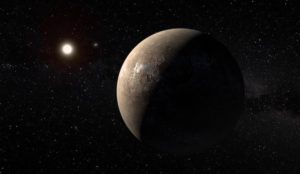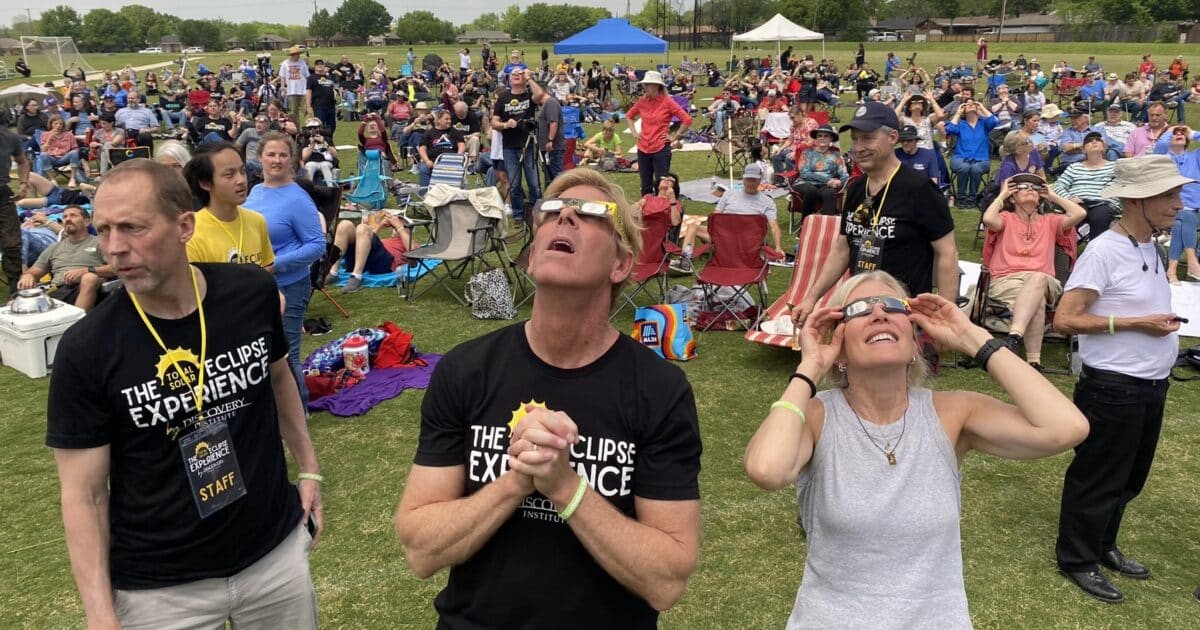
Guillermo Gonzalez is a Senior Fellow at Discovery Institute's Center for Science and Culture. He received his Ph.D. in Astronomy in 1993 from the University of Washington. He has done post-doctoral work at the University of Texas, Austin and at the University of Washington and has received fellowships, grants and awards from such institutions as NASA, the University of Washington, the Templeton Foundation, Sigma Xi (scientific research society), and the National Science Foundation.
Gonzalez has extensive experience in observing and analyzing data from ground-based observatories, including work at McDonald Observatory, Apache Point Observatory and Cerro Tololo Interamerican Observatory. He is a world-class expert on the astrophysical requirements for habitability and on habitable zones and a co-founder of the "Galactic Habitable Zone" concept, which captured the October 2001 cover story of Scientific American. Astronomers and astrobiologists around the world are pursuing research based on his work on exoplanet host stars, the Galactic Habitable Zone and red giants.
Gonzalez has also published nearly 70 articles in refereed astronomy and astrophysical journals including The Astrophysical Journal, The Astronomical Journal, Astronomy and Astrophysics, Icarus and Monthly Notices of the Royal Astronomical Society. He also is the co-author of the second edition of Observational Astronomy, an advanced college astronomy textbook.
In 2004 he co-authored The Privileged Planet: How Our Place in the Cosmos is Designed for Discovery with Jay W. Richards. He's also an affiliate of Biologic Institute.
Archives

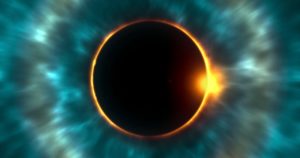
Safe Viewing of the April 8 Solar Eclipse

A Crowd-Sourced Solar Eclipse Experiment
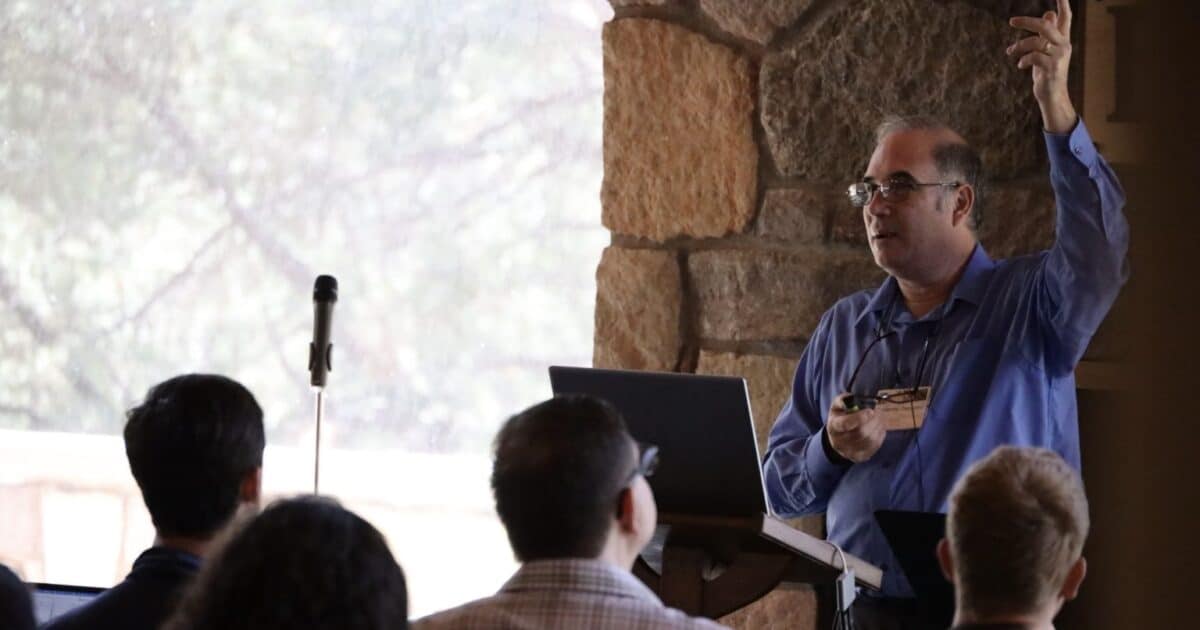
Profound Impact of the Summer Seminars on ID — Application Deadline March 31

A Portal to the Heavens: Preparing for the Solar Eclipse

Dallas Conference: Astrobiology Reveals Earth as a Rare Jewel

Carl Sagan Wrong about “Pale Blue Dot,” Says Astrobiologist

Scientists Behaving Badly: Suppressing Intelligent Design Was Only the Start

The Big Bang Survives Two Tests
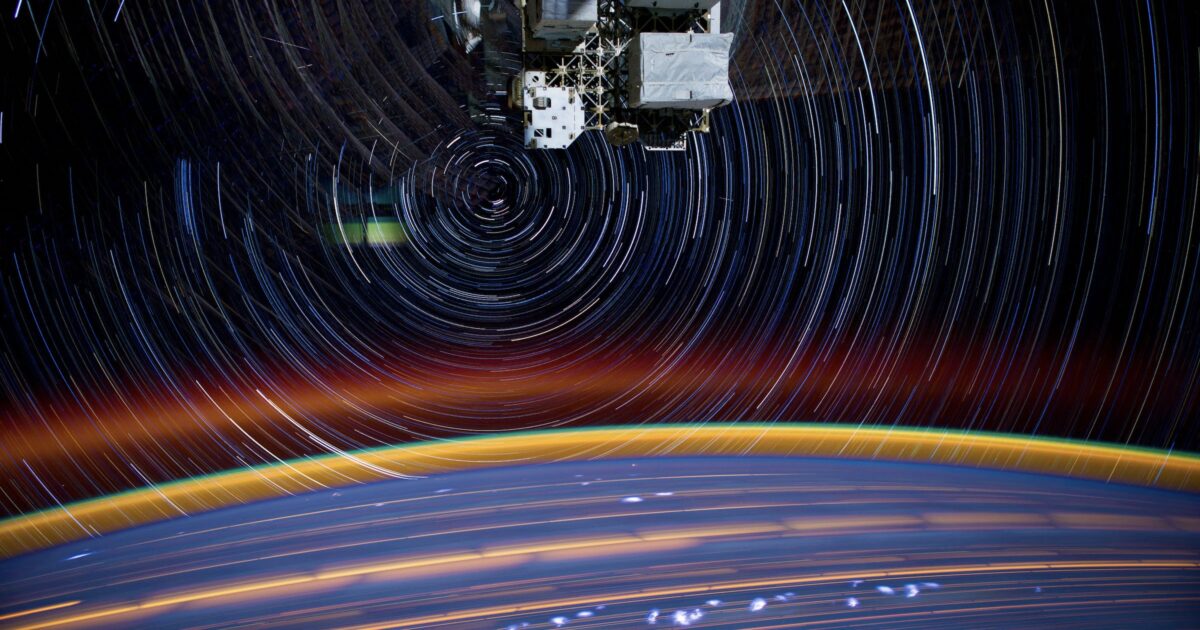
Local Fine-Tuning and Habitable Zones
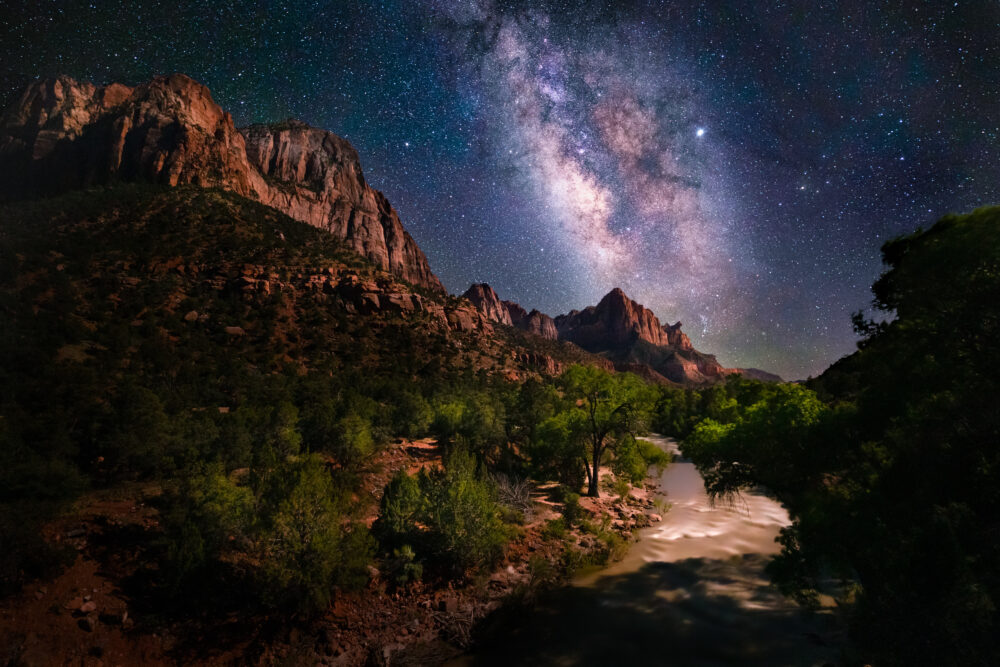
A Privileged Place for Life and Discovery

The Problem of Earth Privilege: It’s Getting Worse
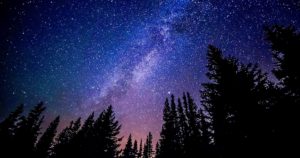
New Study: The Milky Way Is Exceptional
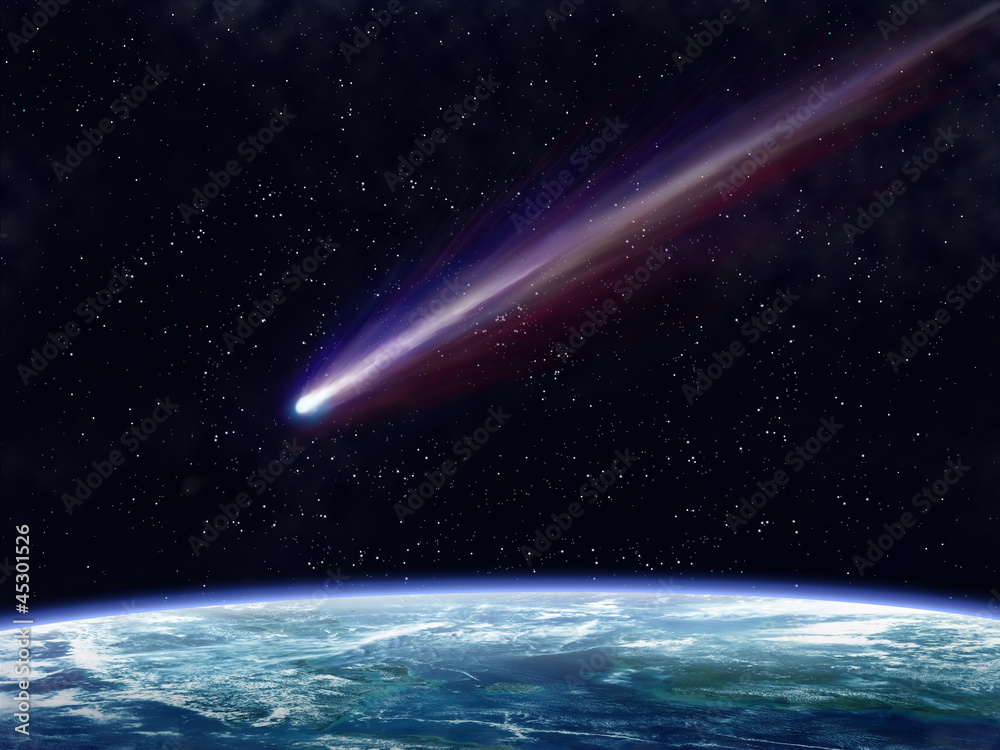
It Came from Outer Space? Astrobiologist: Not Likely

Carl Sagan Wrong about “Pale Blue Dot,” Says Astrobiologist

Do We Live on a Privileged Planet?

Eclipse Miracle — An ID Book for Children
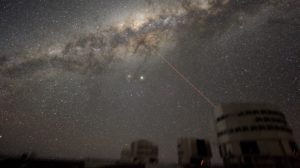
Reader’s Question: Planets in the Early Universe

Recommended Reading: A Handbook of the Big Bang
